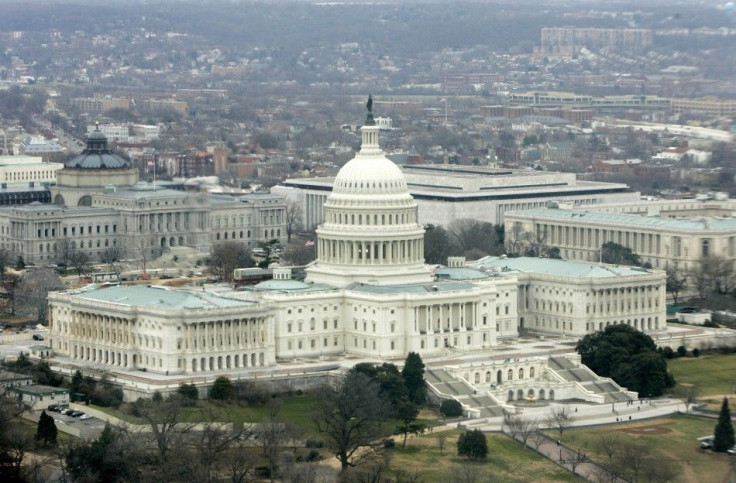Millionaires On US Unemployment? Yes, And That's Perfectly Legal (For Now)

During the Great Recession that ended in 2009, the longest since the 1930s, images of workers lining up at state Labor Department offices throughout the United States to apply for unemployment subsidies rivaled the grainy black-and-white footage of men waiting in line at soup kitchens during the Great Depression. But not all of the people applying for unemployment benefits were desperate for a lifeline to keep food on the table, or avoid foreclosure on their homes. Some of them were millionaires, but they weren't rich people gaming the system to the detriment of those who really needed the money. Under current law, they had every right to get unemployment benefits -- and according to IRS data compiled by the Congressional Research Service, thousands of people with annual incomes of more than $1 million did.
For the federal and state governments funding unemployment benefits, the sums paid to wealthy people on the dole are in fact negligible, amounting to just 0.02 percent of benefits paid in 2009. And they may be negligible for most of the recipients, too: To the average Wall Street millionaire laid off by an investment bank, the $1,700 in monthly benefits from the state of New York are little more than chump change. Or, not quite half of the monthly salary of a good nanny in Manhattan.
The issue hasn't surfaced on the presidential campaign trail, yet. But politically, governments doling out benefits to people with nannies does not look good, and Congress is trying to stop the payments. Representatives and senators of both parties have introduced several pieces of legislation that would tax the unemployment benefits of people making $500,000, or more depending on the proposal, up to 100 percent.
While Congress ponders the legislation, the non-partisan Congressional Research Service warned that the well-meaning proposals may have unintended effects. For example, the added complexity of extra paperwork that would be needed to file for unemployment may discourage some applicants from asking for what they are entitled to. Ironically, the people who may shy away from applying would be those with arguably the lowest incomes, such as new immigrants facing a language barrier.
In any event, there's a legal precedent that may pose a problem for any new legislation on unemployment for the rich: The federal government has said before that it's all right. A 1964 decision by the Department of Labor prohibited states from means-testing to determine whether someone can get benefits.
As the table below from the CRS report shows, among Americans whose tax returns show adjusted gross incomes of $1 million or more, 2,840 reported receipt of unemployment benefit income in 2008, while 2,362 did so in 2009, the last year for which the CRS had data. That's as little as 0.02 percent of tax filers who reported getting unemployment benefits. Not surprisingly, most tax filers who got unemployment, almost 8.7 million, were those making from $1 to $100,000 (median household income in the U.S. is roughly halfway between those two figures.)
What about when one measures by dollar amounts instead? The CRS study shows than in tax year 2008, filers who reported at least $1 million in income got $18.6 million in unemployment benefits, just 0.04 percent of the total (or, for that Wall Street nanny set, about the same amount that Lloyd Blankfein, the CEO of Goldman Sachs, took home last year in total compensation.) Figures were pretty much unchanged in 2009. In comparison, the $1 to $100,000 bracket got more than $39 billion in unemployment subsidies, almost 90 percent of the total in both years. But voters in November would not focus on that 0.04 percent figure. The number, and the negative image, that would count is that million-dollar income.
© Copyright IBTimes 2024. All rights reserved.






















